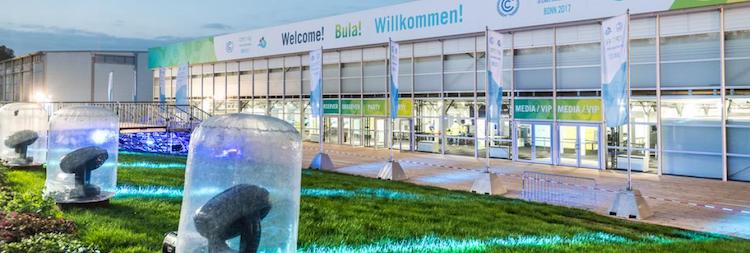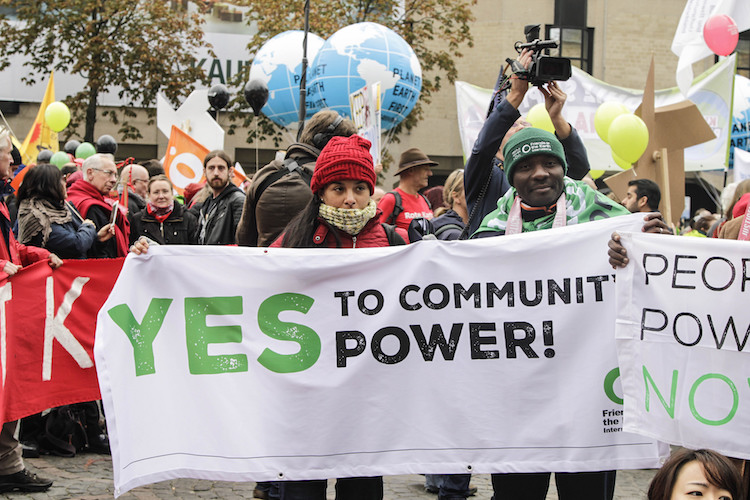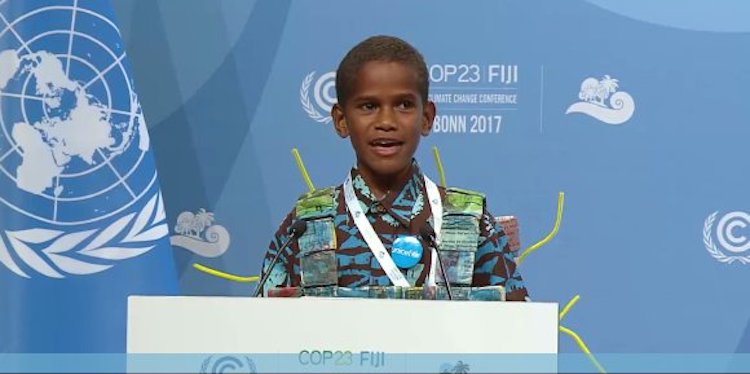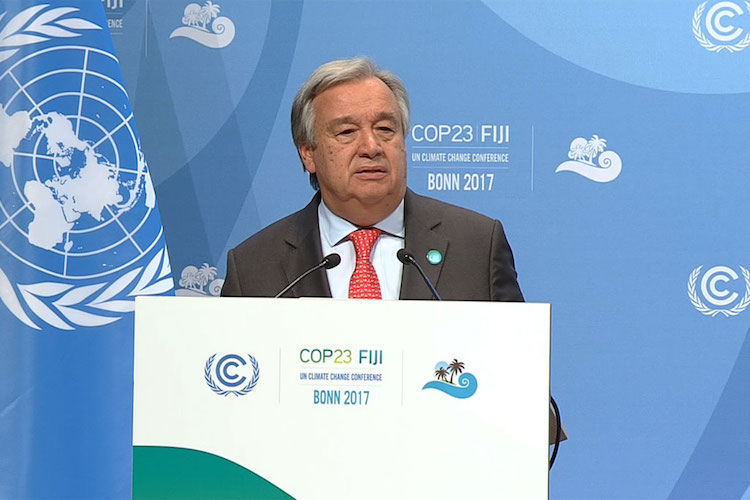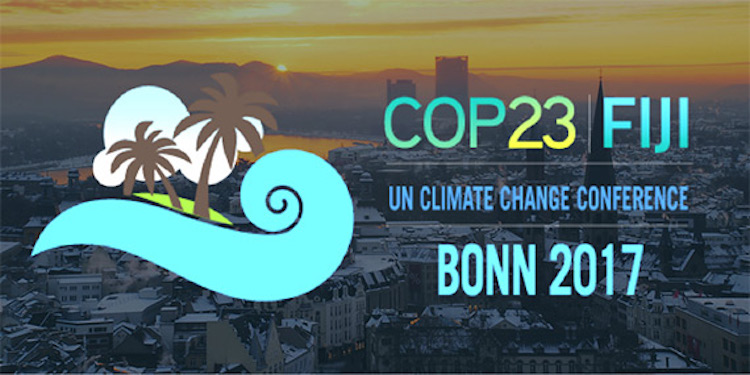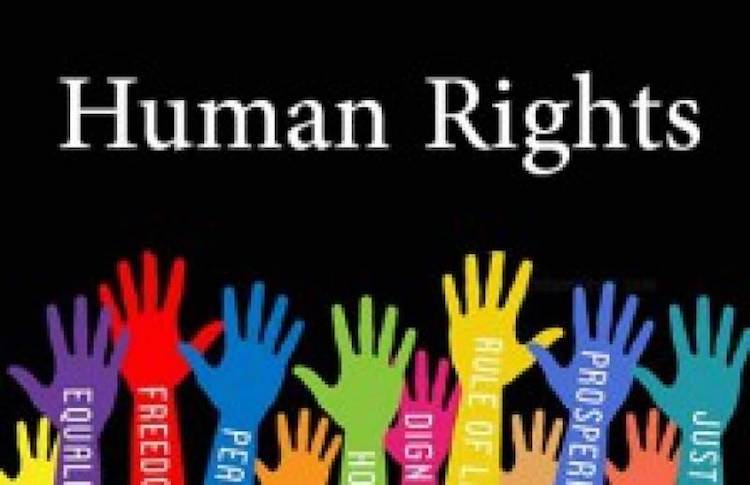By Stella Paul BONN (IDN) – Patricia Gualinga has been coming to the UN climate change conferences for several years. She usually receives 2-3 minutes on a panel of a side event on indigenous issues during which she tells about the struggles of her community – the Kichwas of Ecuador. The struggles are, typically, of […]
Further, Faster, Together On Climate – From Bonn To Katowice
By Ramesh Jaura BONN (IDN) – The two-week long intensive and multilevel talks concluded in Germany’s former capital city in the early hours of November 18 tasking the negotiators to focus on ‘Where are we, where do we want to go and how do we get there?’ before they meet in Poland in December 2018. […]
Inaction is Not an Option in the Face of Climate Emergency
By John Scales Avery* John Scales Avery is a theoretical chemist noted for his research publications in quantum chemistry, thermodynamics, evolution, and history of science. Presently an Associate Professor in quantum chemistry at the University of Copenhagen, he is working on a book with the title ‘THE CLIMATE EMERGENCY: Two time scales’. A first draft […]
Rich Countries Criticised For Lack of Serious Action on Climate Change
By Jaya Ramachandran BONN (IDN) – As the UN climate talks in Bonn (COP23) drew to a close, Friends of the Earth International (FoEI) bashed the rich countries for once again showing poor leadership by not taking serious action on climate change – despite new evidence showing emissions are on the rise. FoEI’s Dipti Bhatnagar […]
Fijian Presidency Lends New Dimension to Climate Negotiations
By Ramesh Jaura BONN (IDN) – Twenty-five years ago, governments came together at the Earth Summit in Rio driven by the idea that the world needed to change the way it was treating its environment. From that idea, the United Nations Framework Convention on Climate Change (UNFCCC) was adopted – “and a movement began. A […]
Building a Secure World and a Healthy Planet for All
By António Guterres, UN Secretary-General Following are extensive excerpts from UN Secretary-General António Guterres’ remarks on November 15, 2017 at the Opening of the High-level Segment of COP23, the 23rd session of the Conference of the Parties (COP23) to the United Nations Framework Convention on Climate Change (UNFCCC). – The Editor BONN (IDN-INPS) – It […]
107 Countries Call for Tangible Progress in Implementing the Paris Climate Accord
By Jaya Ramachandran BONN (IDN) – The 28-nation European Union and 79 countries of the African, Caribbean and Pacific (ACP) Group have reaffirmed their commitment to the implementation of the Paris Climate Agreement, which entered into force on November 4, 2016. They also urged all member states to ensure concrete progress at the UN Climate […]
More Steps Forward on Human Rights than Backwards
Viewpoint by Jonathan Power* LUND, Sweden (IDN-INPS) – When Donald Trump stretched his hand across our television screens on Sunday (November 12) to shake the hand of the Philippines’ president, Rodrigo Duterte, and then said he had “a great relationship” with him I felt my gorge contracting. Having tasted the great, if sometimes flawed, (remember the […]
Climate Scientists Warn of Unprecedented Risks to Humanity
By Jaya Ramachandran BONN (IDN) – Scientists are warning of a profound impact on human health and migration, leading to civil unrest and conflict. In a new statement to national representatives meeting in Bonn for the annual climate talks widely known as COP23, scientists said that Earth is approaching tipping points that threaten human security. […]
New Report Tells Business How It Can Help Build Just, Peaceful and Strong Institutions
By Santo D. Banerjee
NEW YORK (IDN) – Hundreds of millions of people in civil society contribute to peace and justice every day, by public service, supporting thousands of public and private organizations, solid citizenship or leadership, and perhaps most importantly of all, by simply practicing peaceful behaviour in all situations.
However, in an era dominated by large organizations, whether governmental or private, individual contributions to social stability have their limitations. A new report says that companies can play a critical role in helping achieve particularly Goal 16 of the 17 Sustainable Development Goals (SDGs).

